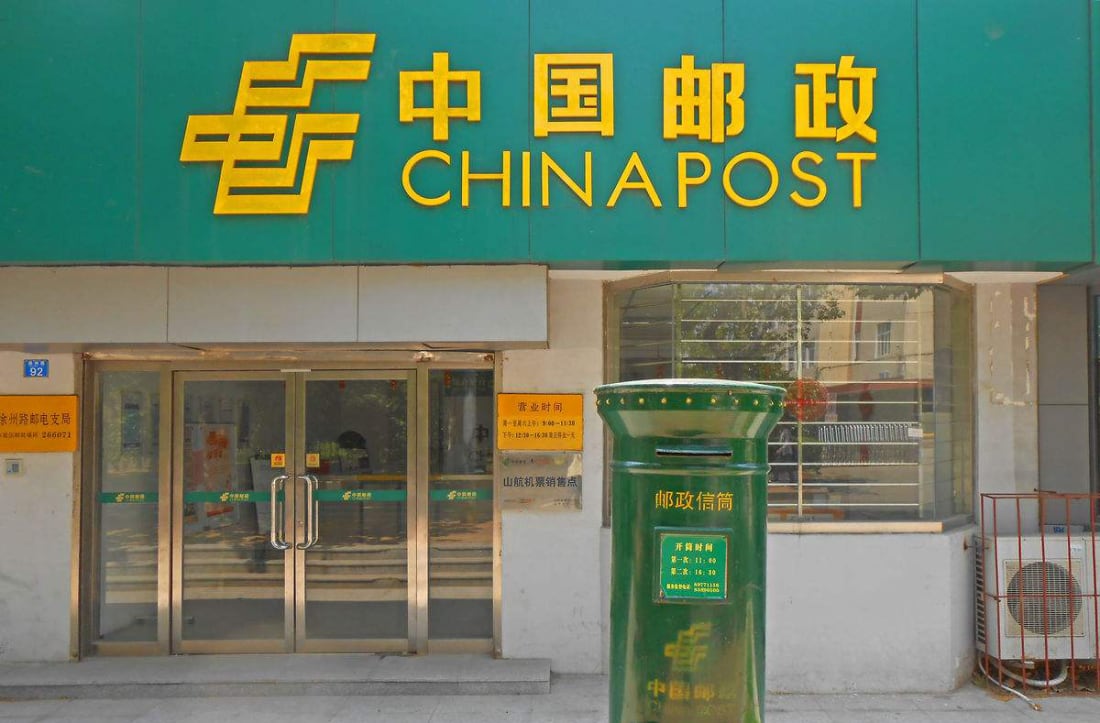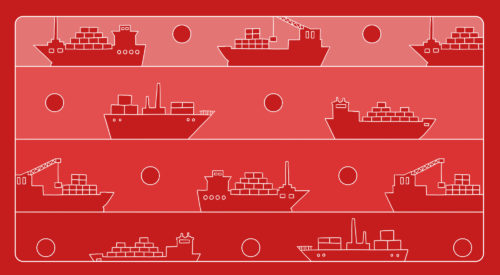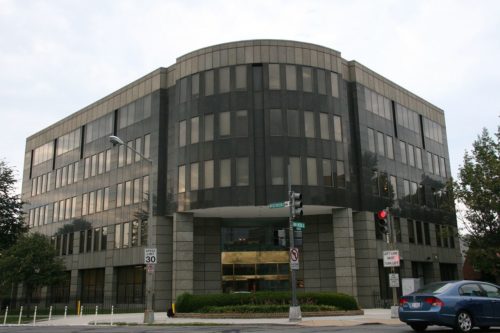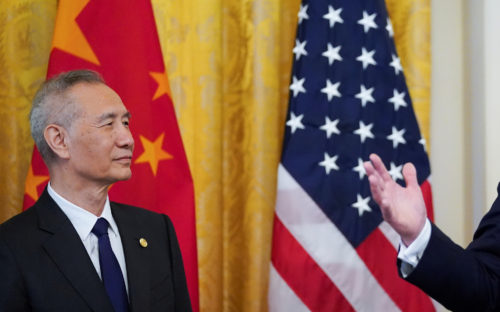Packages from China will get much more expensive for Americans [UPDATE]

In a move that may personally sting hundreds of thousands — perhaps millions — of online entrepreneurs on both sides of the Pacific, Freight Waves earlier this month reported that “the U.S. Postal Service (USPS) will leave the Universal Postal Union (UPU) on October 17, ending 144 years of U.S. involvement in the international body that governs the exchange of mail and postal parcels between countries, and perhaps fundamentally changing the landscape of global air shipping.”
Under the current system, “developing countries enjoy relatively low shipping rates into the U.S. Meanwhile, the U.S., with its highly advanced market, would typically pay more… For example, a 4.4-pound parcel shipped from China to the U.S. could cost less than a domestic shipment shipped between, say, New York and Detroit.”
This means a massive increase in postal costs: “The practical effect of the exit of the U.S. would be a rate increase of at least 300 percent on postal parcel traffic to the U.S. from heavy net exporting countries as rates kept artificially low for decades begin to normalize,” according to an analysis cited by Freight Waves.
When will prices change? It’s not clear. But the meeting that will confirm America’s departure from the UPU takes place in Geneva on September 25 and 26.
Meanwhile, the U.S.-China techno-trade war, now on day 438, is no closer to a resolution. From Washington, D.C., the Hill reports:
China’s refusal to yield in trade negotiations with the U.S. has left President Trump with dwindling leverage as he seeks a deal that will have profound consequences for his reelection prospects. Xí Jìnpíng 习近平 and top Chinese officials have signaled a willingness to accept lagging economic growth under the weight of U.S. tariffs rather than appease Trump with major concessions.
That stance may be the greatest obstacle for next month’s trade talks between leaders of the world’s two largest economies.
UPDATE, 9/26: Today, Reuters reports that the UPU has “agreed to reform its fee structure under a proposal by the United States [so that] high-volume importers of mail and packages would be allowed to begin imposing ‘self-declared rates’ for distributing foreign mail from January 2021”:
Countries with more than 75,000 tonnes in post imported annually — mainly the United States — may apply their self-declared new rates from July 2020, UPU officials said.
“We will begin our self-declared rates at the end of June next year. This is exactly what we wanted and planned for,” White House trade adviser Peter Navarro, who led the U.S. delegation, told a Geneva news conference.
“We’ll buy less Chinese stuff, buy more from other countries, we will make more in America and the market will be free of distortions,” he said, crediting President Donald Trump…
“China is certainly going to pay more for the privilege of shipping to our market,” he said.






